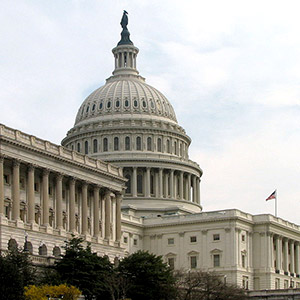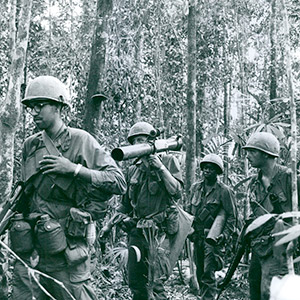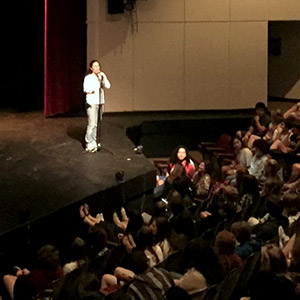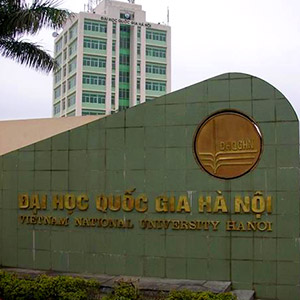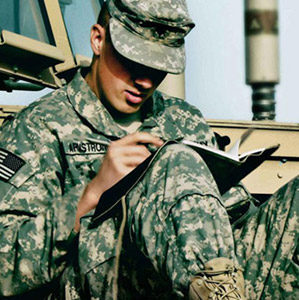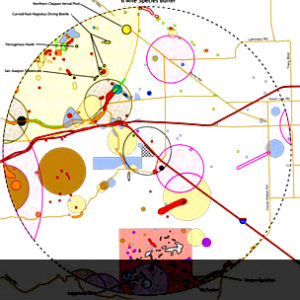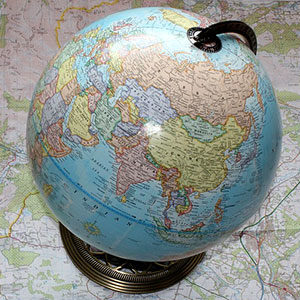
How to Think Like a Geographer
What does it mean to think geographically? How do we foster geoliteracy in classrooms? In this podcast, Edward Kinman, professor of geography at Longwood University, and Megan Webster, Social Studies Department Chair at J. J. Pearce High School in Richardson, Texas, discuss how geography helps students understand the world more fully. Specifically, they discuss the ways that geography helps students understand interconnected systems—natural, cultural, economic, technological—issues of scale, and relationships between the local and the global.
